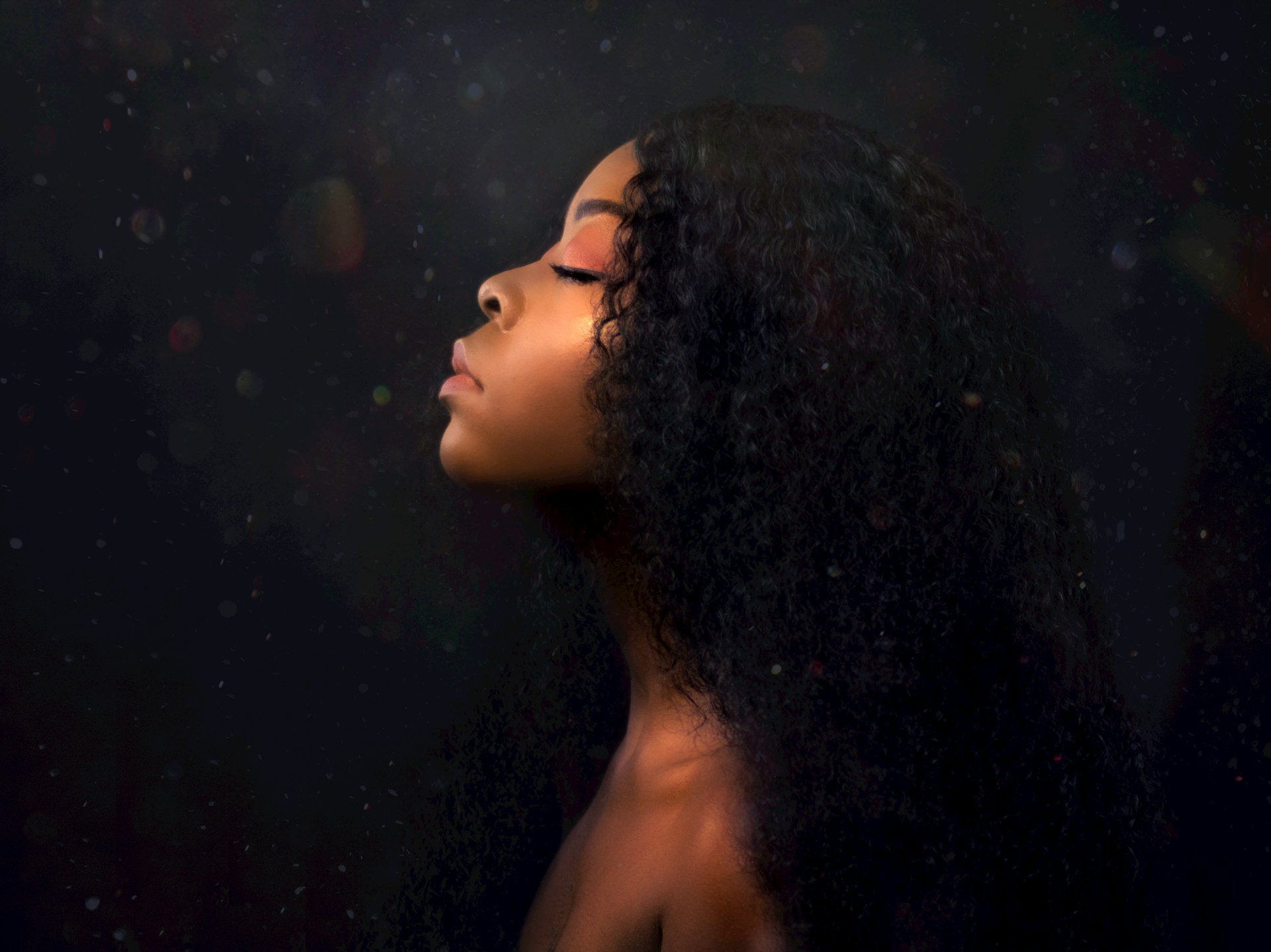Celebrating African Features and Styles
As African beauty brands continue to grow, they are bucking Eurocentric standards and bringing a fresh approach to beauty to the global market. But it’s not without its challenges.
In most African cultures, idealized beauty correlates with community and society, while horror is associated with nature’s wild and untamed realm.
Contents
Natural Hair
While the African continent is often perceived as a monolithic unit, beauty traditions differ across its 54 countries. For example, the typical female beauty standard in Kenya Safari puts curvy features and wide hips on a pedestal. As for men, their handsome gauge entails a muscular physique and rugged facial features.
During the Black Power and Black Pride movements of the 1960s and 1970s, many African Americans embraced the Afro hairstyle to affirm their heritage. It was also popularized by celebrities like Angela Davis, who wore her Afro as a political statement. The movement towards natural hair continues today and is encouraged by female stars like Erykah Badu and Janelle Monae.
The burgeoning demand for products that address the nuances of the African beauty trend offers a lucrative opportunity for beauty players to innovate and expand their offerings. This requires an approach that focuses on understanding and respecting the diversity of skin tones, hair types, and lived experiences.
Natural Makeup
Africans embrace their natural features, unlike some non-Black cultures with more Eurocentric beauty standards. Women from rural communities are often judged less on their facial structure (thick lips, beautiful eyes, medium-sized nose) and more on their intelligence and strength. In this way, they are rewarded for being good at what they do rather than what they look like.
Natural makeup is a trend that embraces this philosophy. It also promotes the idea that you don’t need a lot of makeup to be beautiful. This is a massive shift from the conventional beauty ideals that pressure Black people to lighten their skin and wear straight hair, for example.
Fortunately, beauty brands have the power to make genuine change by advocating for equity. This includes putting more products from Black entrepreneurs on store shelves and training their sales associates on the unique needs of Black consumers. The fifteen percent pledge, an initiative encouraging retailers to dedicate at least 15 percent of their product lines to Black-focused brands, is a great start.
Natural Skin Care
The beauty industry offers a significant opportunity to advance Black consumers and address deeply rooted biases that can unlock billions in revenue. However, implementing equity in the sector will require a shift in mindsets and priorities for all players, from retailers and product makers to distributors and investment communities.
Natural skin care routines typically focus on minimalism and incorporate clean products free of chemicals. Companies that market their products as “natural,” “clean,” or “organic” often have unique definitions for what those terms mean, and shoppers should be sure to read labels carefully.
Historically, Black entrepreneurs and brands have created successful businesses in the beauty sector by providing products that fit African beauty ideals and incorporating ingredients and regimens familiar to African consumers. However, they need help connecting with buyers at retail stores and gaining access to a broader audience. This is a significant impediment to Black brand growth and may explain why beauty products from Black entrepreneurs make up only 7 percent of the products sold in retail outlets.
Natural Beauty Products
As the beauty world shifts, international brands recognize Africa’s potential as a vibrant partner in shaping beauty’s future. With event activations that span the continent, these brands aren’t just showcasing their products—they’re creating a dialogue around the beauty regimens and rituals unique to African cultures.
One example is 54 Thrones, founded by Tutuwa Ahwoi and Thato Tau, two friends from Ghana and Botswana who met in graduate school. Their product line, which includes face and body products, blends natural ingredients from West Africa with modern science to create nourishing, protective skin solutions that deliver visible results.
Another example is Malee, a luxury fragrance, bath, and body care South African brand created by Zeze Oriaikhi-Sao. The collection honors generations of healing rituals with 100 percent plant-based ingredients while empowering local women through the brand’s supply chain. The bestselling rich body butter features shea, which is naturally emollient and soothes the skin, and whipped avocado, coconut, and cocoa vanilla for a tropical-smelling and glowing complexion.

